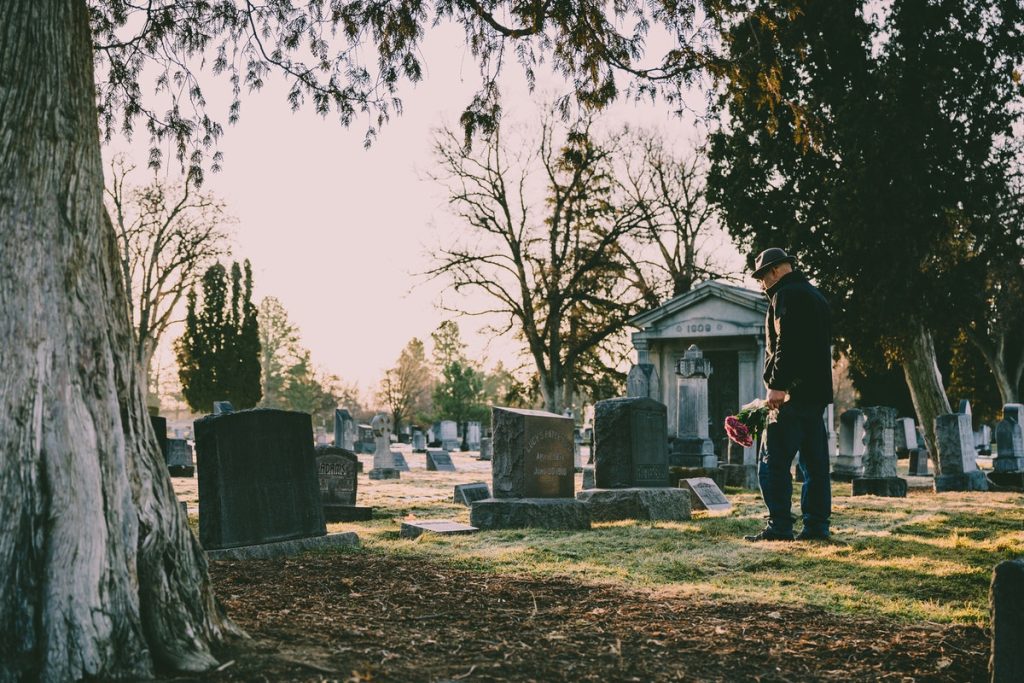• Grief can be isolating, unique for everyone, and affect people physically and emotionally.
• Grieving typically lasts longer than expected, so organizations should provide long-term support.
• There are legal matters to take care of when losing a loved one.
• With the proper support and resources, you can help families in grief heal and move forward.
Grieving can be intensely painful for families, especially when their loss affects a whole community. Whether it’s the death of a loved one or a natural disaster, grief can take its toll on individuals and families. Organizations need to step in and provide support so these families can heal. Here are things you should know about how grief affects communities and how you can help:
Grief can be isolating.
Grieving is often an isolated experience. Loved ones who have experienced loss may feel disconnected from their community. This isolation can cause them to withdraw from social activities and make it challenging to seek the help they need. The government, non-profits, and non-government organizations should strive to create an inclusive environment where everyone feels welcome and supported.
Grief is unique for everyone.
Grieving is different for every individual and family. Some may experience intense sadness, while others may become angry or withdrawn. It’s important for organizations to recognize this fact and provide tailored support services that meet the needs of each person affected by the loss. This could include offering mental health professionals who specialize in grief counseling or providing resources for financial assistance if needed.
Grief affects physically and emotionally.
Grieving doesn’t just affect people emotionally. It also affects them physically as well. People who are grieving may experience exhaustion, difficulty concentrating, headaches, stomach aches, or other physical symptoms due to stress and anxiety related to their loss. Organizations should consider offering physical activities such as yoga classes or walks in nature as part of their grief relief programs so that people have an outlet to release some of this built-up tension.

Grief may last longer than expected.
Grieving typically takes longer than expected. Sometimes much longer, depending on the severity of the situation and the individual’s ability to cope with their emotions. Organizations should provide long-term support so that people have access to resources when they need them most during this time of healing and recovery. These long-term support services may include:
Counseling
Individuals and families can benefit from one-on-one counseling for support. Counseling can help people process their emotions, build resilience, and regain a sense of hope.
Support groups
Support groups can provide a safe and welcoming environment for people to share their experiences with others who have gone through similar losses.
Financial assistance
Grieving often means financial hardship. Organizations should consider offering financial aid such as grants or loans to help cover expenses incurred during the healing process.

Care packages
Care packages filled with thoughtful items like books, food, and other comfort items can provide some much-needed comfort to grieving families.
By providing long-term support to families in grief, organizations can help create an environment where healing is possible.
There are legal matters to take care of when losing a loved one.
When a loved one passes away, there are often legal matters that need to be taken care of. This can include things like arranging for a will or probate and figuring out who is responsible for paying any debts that the deceased may have had. Organizations should provide resources such as estate planning attorneys and financial advisors so that families can easily access the help they need to take care of all these matters.
Some families can also use the help of a professional trust contest lawyer. A trust contest lawyer is a legal professional specializing in contesting wills or trusts. They can help families ensure that their loved one’s wishes are properly carried out. This is especially important as it can prevent disputes between family members and ensure that the deceased’s final wishes are respected.
Grief can be an excruciating process for families, and organizations and individuals must be there to provide support. Whether it’s offering mental health services or providing financial assistance, these organizations have the power to make a real difference in helping grieving families heal.
Additionally, they should consider offering resources such as estate planning attorneys and trust contest lawyers so that any legal matters related to the loss of a loved one can be handled with care and respect. By understanding how grief affects individuals on both physical and emotional levels, you can better equip communities with the tools needed to help those who need it most during this difficult time.



